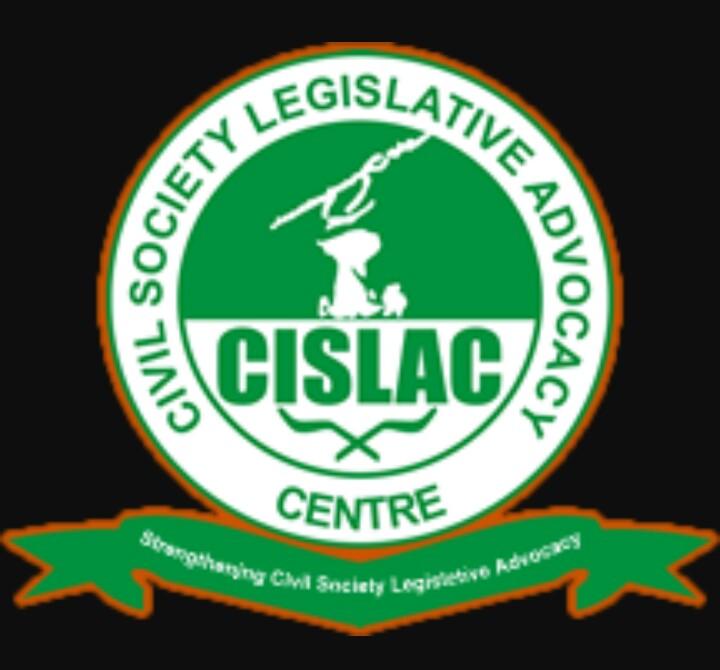The Tax Justice and Governance Platforms (TJ&GP) has urged the Federal Government to involve citizens in granting and monitoring of tax waivers to multinationals and organisations as part of measures to shore up revenues and reduce debt burden in the country.
The coalition comprising ActionAid Nigeria (AAN), Christian Aid, Centre for Democracy and Development (CDD), International Budget Partnership (IBP), the Civil Society Legislative Advocacy Centre (CISLAC), the Nigeria Labour Congress (NLC) and Oxfam among others made the call on Thursday in Abuja at the Stakeholders Validation Session of a research report.
The validation of the report ‘Tax Expenditures and Its Implications on Debt Management and Sustainability in Nigeria’ was organised by the CISLAC and Christian Aid, was coming on the heels of civil society consultation and stakeholders engagement forum on strengthening fiscal policy and tax reforms in Nigeria held in Abuja.
“The Nigerian government and its decision-makers should reduce its reliance on borrowings from the international capital market and commercial loans. There is a need to more strictly adhere to the provision of the law on maintaining concessional loans,” the validated report presented by Social Action Programmes’ Coordinator, Mr Isaac Botti.
UPDATED: Four More Commissioners Resign amid Wike-Fubara Rift
Tinubu’s move to end Wike, Fubara rift has collapsed – APC
The report noted that Nigeria was in dire revenue situation as it appeared to be short of ideas on the approach to fiscal management, leading to the trajectory of continuous deficits in revenue from the federal government in the past five years.
“In 2018, there was a 45% revenue shortfall. Similarly in 2019, 45% shortfall. 2020, there was a 31% shortfall; 2021, 2022 and 2023 all have 45%, 41% and 50%.
“Nigeria’s total debt portfolio as of June 2023 stood at N87.3trillion ($113.4billion). This comprises of N33.3trn ($43.1bn) external debt representing a 1,333% increase from the level it was after the Paris Debt buy-back deal in 2005/06.
“The domestic debt component stood at N54.1trn ($70.2bn). Ways and Means as of December 2023 stood at N23trn; 39% of Nigeria’s total external debt figure is owed to private creditors (Commercial Sources).
“While concessional loans attracts interest rate of between 1-3% and longer repayment period of 10-30years, loans from private creditors attracts between 6-9% and shorter repayment period. Payments to private creditors account for about 60% of the annual debt servicing cost,” it said.
It also said that in 2022, of the total external debt servicing of $2.4bn, commercial creditors got a whopping $1.450bn representing 60% and which has always been the case since 2018, where commercial creditors got 70% of the total external debt servicing figure of $1.4m.
The report said that “Nigeria currently spend 80% of its total revenue on debt servicing as of December 2022, while federal allocation to education, health and other sectors continue to decline from their meager average of 5.4 percent.
“The expert said that while it appears that there is little or no options for addressing the Nigeria fiscal crisis, the Nigeria governments have over the years gave up significant part of it revenue in tax expenditure in form on incentives, tax exemptions, credits and waivers among others.
“According to the 2021 Tax Expenditure Statement (TES), the revenue foregone by tax expenditures was estimated at around 4 percent of GDP (N6.8trn).
The report urged the National Assembly to review the existing legal and institutional frameworks relevant to debt management with the view to closing existing loopholes and strengthening transparency and enforcement.
“For example, the Fiscal Responsibility Commission should be given the power to sanction. There is also a need for a development focused Tax Expenditure (TE) policy and all-encompassing TE legal frameworks as well as guidelines for granting tax incentives in Nigeria.
“This will help minimized the discretionary approval of tax incentives that deprived the country significant amount of revenue that would have contributed to reducing the yearly fiscal deficits.
“The federal government as a matter of policies should establish net wealth tax policy or wealth tax policy to increase tax revenue from the super wealthy individuals and organisations. Any changes to the tax system should be guided by progressive taxation principles that protect low-income earners and the poor,” the experts recommended.

 Join Daily Trust WhatsApp Community For Quick Access To News and Happenings Around You.
Join Daily Trust WhatsApp Community For Quick Access To News and Happenings Around You.


